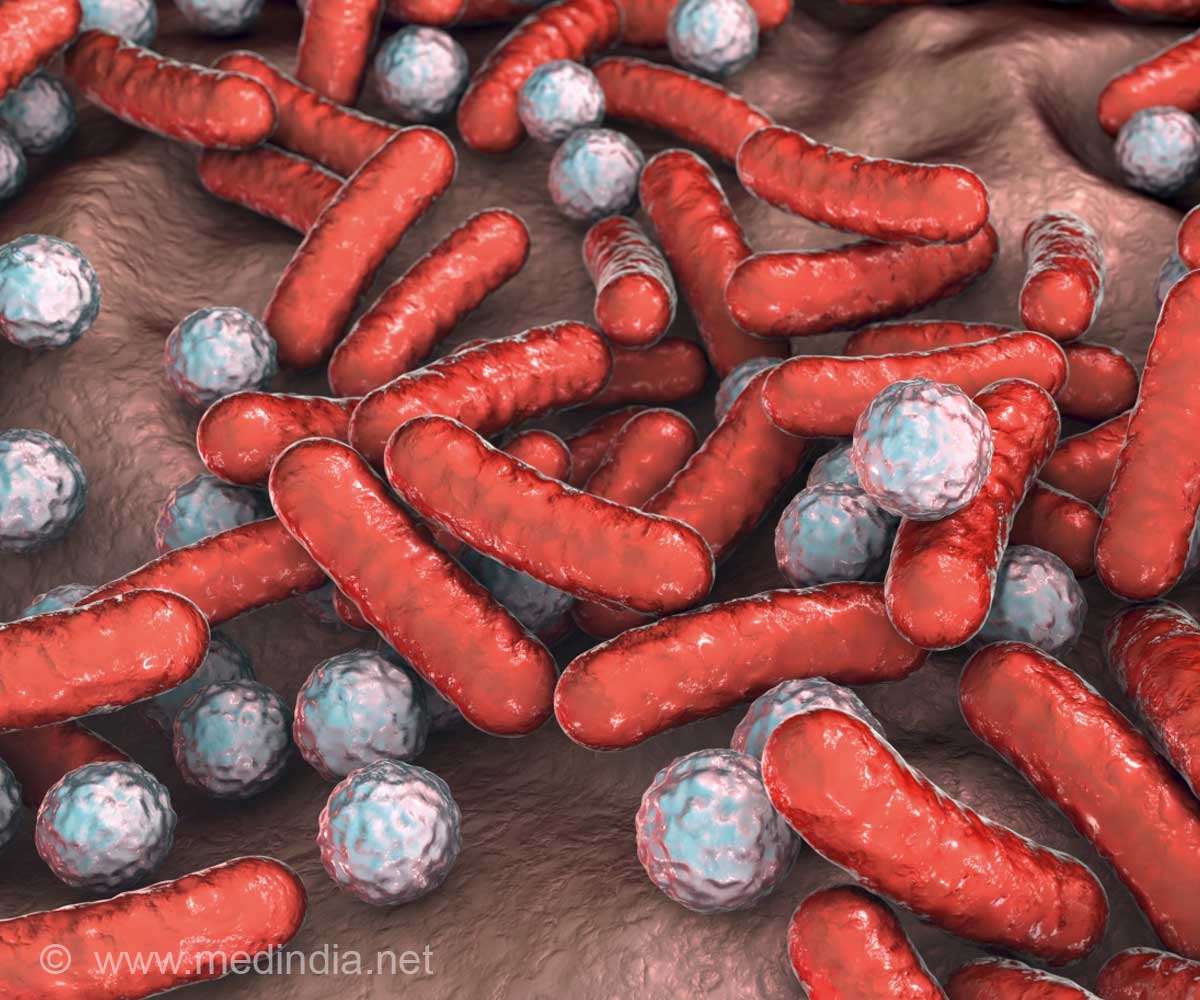Bacteria living in the gut are linked to neurodevelopmental symptoms in the mice, reveals study published in Cell.

Although the researchers urge caution, the findings link at least some symptoms of ASD to the gut and suggest that probiotics might have a therapeutic role in such cases. They say clinical trials are now needed to gather the evidence to verify this link found in mice.
Hsiao, along with Paul Patterson, Sarkis Mazmanian, and their colleagues, knew that some individuals with ASD also suffer from gastrointestinal symptoms. To investigate the connection, they looked to the maternal immune activation (MIA) mouse model, which has previously been used to model several neurodevelopmental disorders, including autism. What they uncovered in offspring of MIA animals with autism-like symptoms were gastrointestinal abnormalities and changes in the gut microbial community.
When the mice were given oral doses of the human gut microbe Bacteroides fragilis, their gastrointestinal and behavioral abnormalities were relieved. Further work showed that MIA mice have altered blood levels of some metabolites, many of which are modulated by B. fragilis. When otherwise normal mice were treated with a metabolite found at elevated levels in MIA animals, they too showed certain behavioral abnormalities, suggesting a direct link between gut bacteria, metabolites, and behavior.
"Taken together," the researchers concluded, "these findings support a gut-microbiome-brain connection in a mouse model of neurodevelopmental disorders and identify a potential probiotic therapy for gastrointestinal and behavioral symptoms in human disorders, including autism."
Source-Eurekalert















